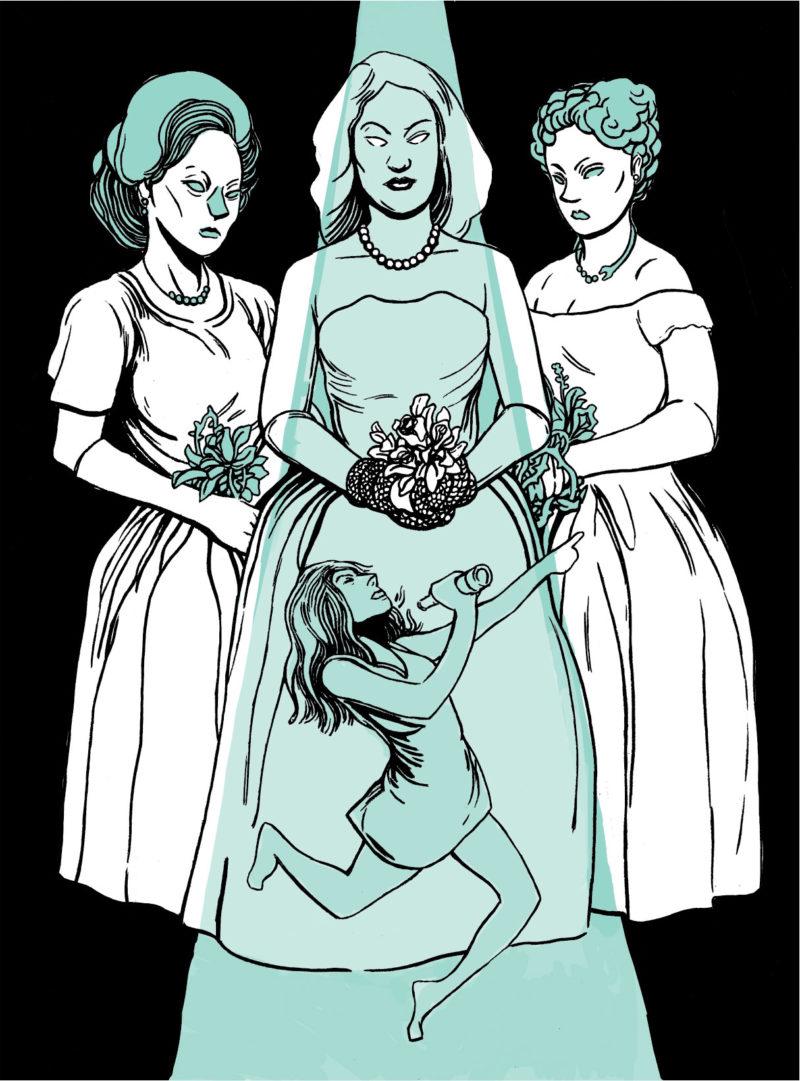It’s been said you can’t go home again, the implication being that the home of our childhood vanishes as we age. It changes; we change. The particular feeling generated by that time and place cannot recur.
Maybe this feels true for those whose Bay Area suburb is now infiltrated by start-ups, or whose urban neighborhood is battered by gentrification, or whose fellow Midwesterners don’t wear cargo shorts as avidly as they once did. The teenagers loitering in parking lots seem so young and the old diner with the best pie got knocked down years ago and nothing at the mall is in the same place it used to be.
Of those who believe the can’t-go-home-again adage, I suggest that very few are from Mississippi. Other Southern states have their Nashvilles, their Atlantas, their New Orleanses—urban ports that swirl fresh blood into the population—but in this deepest part of the Deep South all we have is obstinate homogeny. (Can someone cue up that Faulkner line again? “The past is never dead. It’s not even past.” Thanks, Bill.)
I do not love the place I am obliged to call home. I love some people who live in Mississippi. I love the kudzu, ponds, and live oaks; I am fond of opossums, will drink a julep, have enjoyed a biscuit or two, but I do not love this place generally, and I detest the way the past—buttressed by political and social inequalities—cleaves to the present. In first grade I wrote a short story about a girl who buys a car and drives away. Nothing else happened. It didn’t matter to me where she went. Leaving Mississippi was the happiest thing, at age seven, that I could imagine.

Being born in a place so allergic to change means you can go home again, and each time I do I find with no uncertain terror that, yes, everything is just as I remember. Here is that particular violence disguised as good manners. Here is that ruthless, dominant mode of femininity that a woman either swallows or awkwardly protests. The systemic dominance of wealthy white people, of old money, is just as palpable as it was thirty years ago. All across the delta, overgrown acres come in plots of forty and hold graves of long-dead mules. None of this has changed in the thirty-three years I’ve known the way a body sweats in Mississippi.
The only thing preventing me from going home again is that I don’t want to go home again, but I can—I discovered—be temporarily banished there.
*
An email came from my agent in the autumn of 2016: someone at Ole Miss had asked her for my phone number—OK to send?...
You have reached your article limit
Sign up for a digital subscription and continue reading all new issues, plus our entire archives, for just $1.50/month.
Already a subscriber? Sign in




